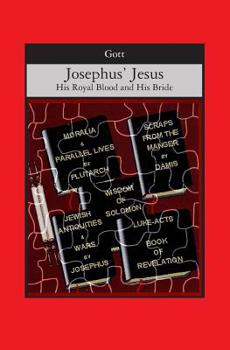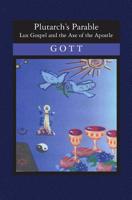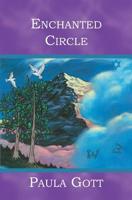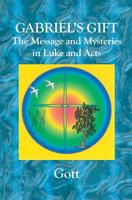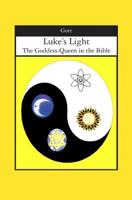Josephus' Jesus: His Royal Blood And His Bride
Select Format
Select Condition 
Book Overview
Josephus the Jewish historian is used in biblical research primarily to affix a date to Luke's related events or to point out his many apparent errors. Shortly after Luke's Light was published in 2007, I became obsessed with the study of everything Josephus wrote about the events Luke described in Luke-Acts. It took several weeks for me to realize it, but I had finally stumbled onto the key to finding the missing pieces of the puzzle that would lead to the historic identities of Jesus and Mary Magdalene. Luke painted the picture that would become the Jesus and Mary Puzzle, but he omitted important pieces. He hung tags around the edges to identify the characteristics of each of these missing pieces and where they might be found: the Old Testament, the works of Plutarch and Damis. But the most important missing pieces were put in the hands of Josephus Jesus was born of Royal Blood from both his parents. Josephus reported their names before they became "Joseph and the Virgin Mary."
Format:Paperback
Language:English
ISBN:0307386155
ISBN13:9780307386151
Release Date:November 2009
Publisher:Knopf Doubleday Publishing Group
Length:304 Pages
Weight:0.78 lbs.
Dimensions:0.9" x 5.3" x 8.0"
More by Paula Gott
Customer Reviews
5 customer ratings | 5 reviews
There are currently no reviews. Be the first to review this work.











